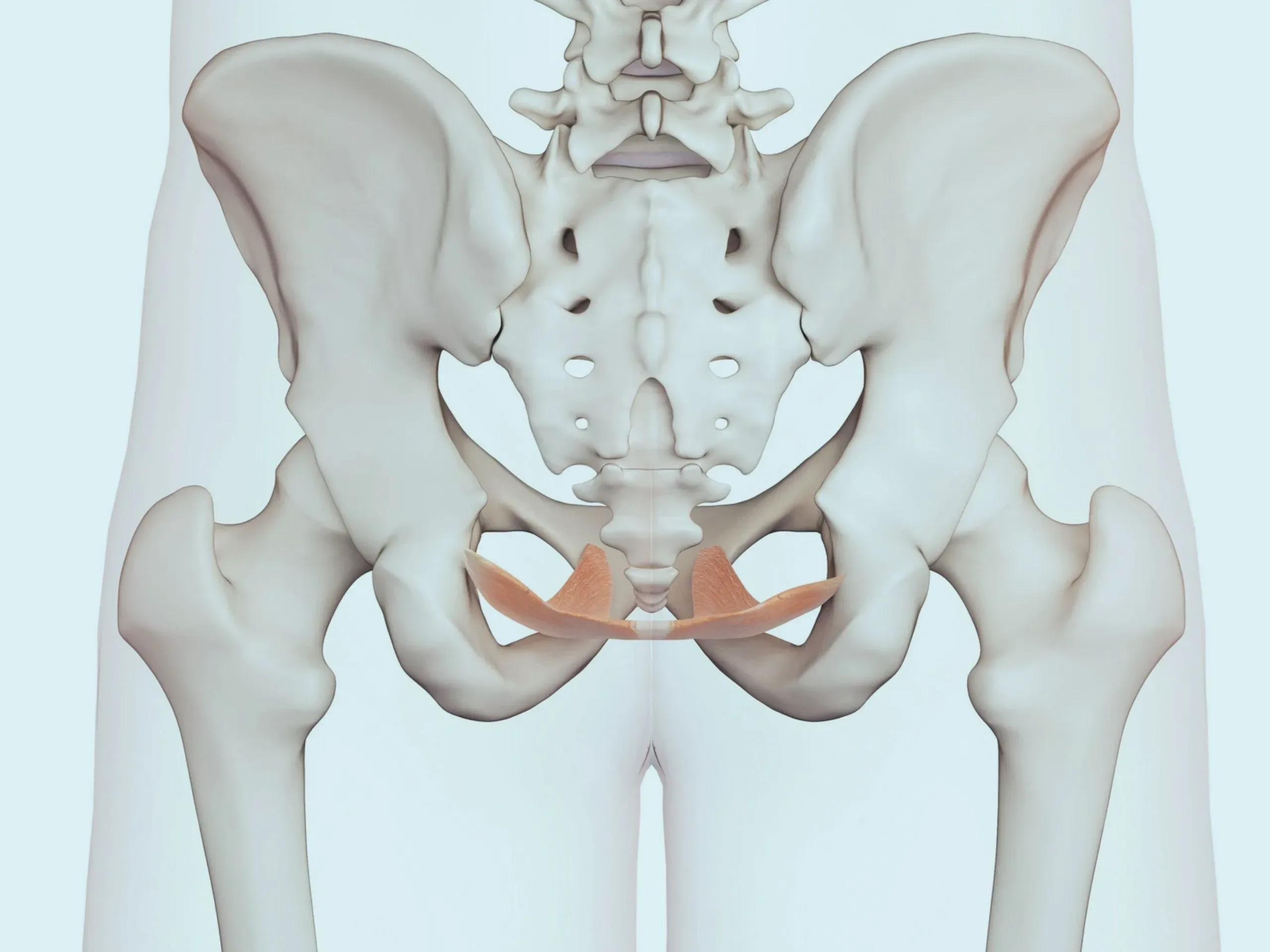
Pelvic Girdle Pain (PGP) is a common condition that affects many women during pregnancy and postpartum. It is characterised by pain and discomfort in the pelvic region, ranging from mild to severe. PGP can significantly impact a woman’s quality of life, making it difficult to perform everyday activities such as walking, sitting, and sleeping.
The exact cause of Pelvic Girdle Pain is not fully understood, but several factors are thought to contribute to its development. These include:
The symptoms of PGP can vary from person to person, but common signs include:
Treatment for PGP typically involves a combination of approaches, including:
Pelvic Girdle Pain can be a challenging condition to deal with, especially during pregnancy and postpartum. However, with the proper treatment and management strategies, it is possible to alleviate symptoms and improve quality of life. If you are experiencing symptoms of PGP, it is important to seek help from a qualified chiropractor or physiotherapist who can provide personalised advice and treatment.